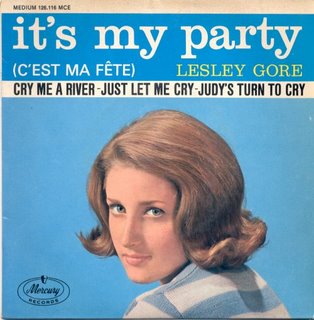
New research on the “newest Sappho”
“What happens if the occasion for performing a given genre of song becomes obsolete?”
Gregory Nagy considers this question in his recent article on Classical Inquiries: “Genre, Occasion, and Choral Mimesis Revisited—with special reference to the ‘newest Sappho’.” (2015.10.1)
§16. … To the modern mind, the act of singing such a song may seem nothing more than a form of artistic self-expression. In a traditional society, on the other hand, the singing may be framed in the context of, say, a celebration that is inaugurated by a sacrifice. Such celebrations, as we will see in the case of songs attributed to Sappho, include events like the singing of songs about unrequited love.
§17. But what happens if the frame is lost? That is, what happens if the occasion for performing a given genre of song—like a love song—becomes obsolete? Such obsolescence seems in fact inevitable when we consider the eventual breakdown of older conventions in the history of ancient Greek song culture. So, if we face up to the historical realities, the question is most justifiable: to repeat, what happens if the occasion for performing a given genre of song becomes obsolete? My answer, as I work it out in this presentation, is that there are two possible outcomes:
1) If the occasion becomes obsolete, then the corresponding genre may become obsolete as well.
2) Even if the occasion becomes obsolete, the corresponding genre may remain current by way of compensating for the obsolescence of the occasion. And the compensation may take place by way of some alternative occasion of performance.
§18. In this essay, I concentrate on a historical example where both outcomes are attested, and this example involves the songmaking of Sappho. [Read full text]
Drawing on the songs of Sappho and the modern lyrics of Lesley Gore, Nagy argues that genre can compensate for, and even absolutize, the occasion of performance. For Nagy, the occasion of choral performance is the mimesis of emotions by way of song and dance. “The emotions themselves are not the occasion.”
§50. In the discursive framework of a chorus, what Sappho says when she speaks by way of choral song is not simply some kind of reportage about her historical life and times. What she says, rather, is a mimesis of situations as sung and danced by a chorus led by a prima donna. Such situations are exemplified, as we have seen, by choral songs about unrequited love. And the choral mimesis is not only the act of talking about persons in the third person, thus representing those persons, such as the two brothers named Kharaxos and Larikhos in Text 2, which is the Brothers Song. Nor is it only the act of addressing persons in the second person, thus also representing those persons, such as the mother in Text 1. It is also the act of representing a person even in the first person, and this represented person does not have to be the same person as the representing performers who say ‘I’ or ‘we’ when they perform in the chorus. [Read full text]
Based on a keynote lecture, which Nagy delivered at Berkeley just days before, this Classical Inquiries posting offers valuable insights on the “newest Sappho.”
Readers may also enjoy this companion piece authored by Mark Griffith: “‘The Voice of the Pipes’—and a third Leslie.”
